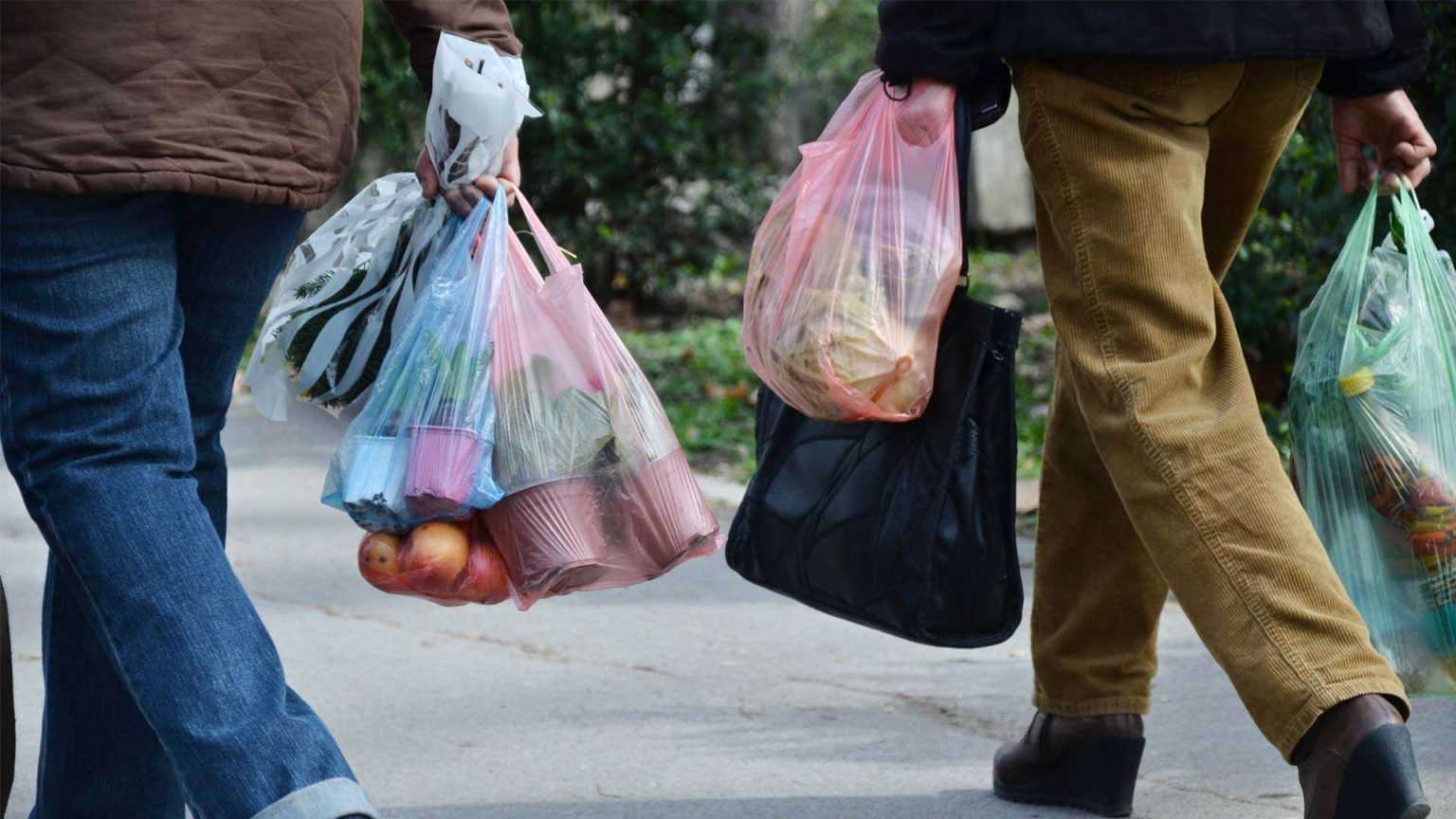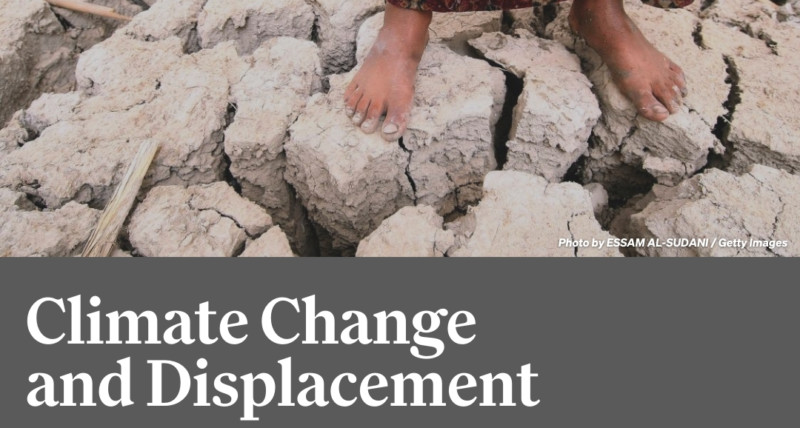Tunisia Faces Environmental Challenges Due to Plastic Pollution
Tunisia is confronting a delicate environmental situation caused by plastic pollution. In response, the Tunisian government has instituted a moratorium on single-use plastics (SUP), aimed at reducing the impact of this waste on the environment and public health. This initiative is part of a broader framework to combat pollution and transition towards a circular economy.
An Evolving Legislative Framework
Decree No. 32 of January 16, 2020, marked a turning point in plastic waste management in Tunisia. This legislation prohibits the production, importation, and distribution of single-use plastic bags, with exceptions for biodegradable and reusable alternatives.
Although this regulation has been adopted, its effective implementation remains a challenge. Authorities have recognized the need for a robust technical and regulatory framework to prevent circumvention of the law. Specific standards are being developed to ensure quality control of proposed alternatives, while also raising awareness among economic actors and consumers about environmental issues.
Environmental and Economic Impacts of Plastic Pollution
Plastic pollution has become a major issue in Tunisia, where single-use plastic bags significantly contribute to environmental degradation. Approximately 4.2 billion of these bags are used in the country each year, resulting in disastrous consequences for both ecosystems and public health.
Plastic bags, due to their lightweight nature and ability to disperse easily, clog waterways and cause flooding in several cities. This obstruction also leads to foul odors emanating from wastewater, exacerbating sanitary conditions in urban areas.
Additionally, these plastic wastes break down into micro-particles that are ingested by marine wildlife, contaminating the food chain and threatening marine biodiversity.
The economic impact of this pollution is equally alarming. According to a study by the World Wildlife Fund, Tunisia’s blue economy loses over $20 million annually due to plastic pollution. Beaches, once prized for their natural beauty, are now littered with plastic waste, harming tourism and the local economy. In June 2022, 21 beaches were declared unsuitable for swimming, a telling sign of the extent of the problem.
Collective Mobilization Necessary
For this ban to be truly effective, mobilization among various stakeholders is essential. The Ministry of Environment has engaged partnerships with non-governmental organizations and the private sector to promote sustainable solutions.
Awareness campaigns are being implemented to encourage the adoption of reusable bags and other eco-friendly alternatives. Support from the World Wildlife Fund underscores the importance of this approach, which aims not only to reduce plastic waste but also to protect marine ecosystems threatened by this pollution.
Despite ongoing efforts, the effective implementation of the moratorium faces several obstacles. Approximately 4.2 billion plastic bags are used annually in Tunisia, with a large portion ending up in nature. Statistics reveal that the rate of poorly managed plastic waste reaches 60%, highlighting persistent gaps in the waste management system.
To address this situation, it is imperative to adopt a systemic approach that encompasses not only stringent regulatory measures but also educational initiatives aimed at changing consumer behavior.
The commitment of the Tunisian government to a future without single-use plastics is commendable, but its success will depend on close collaboration among all stakeholders. The transition to a circular economy requires a profound change in mindsets and practices at both individual and institutional levels.
The fight against plastic pollution cannot succeed without collective awareness and concerted action to preserve the environment and ensure a sustainable future for generations to come.
Source : tunisienumerique




